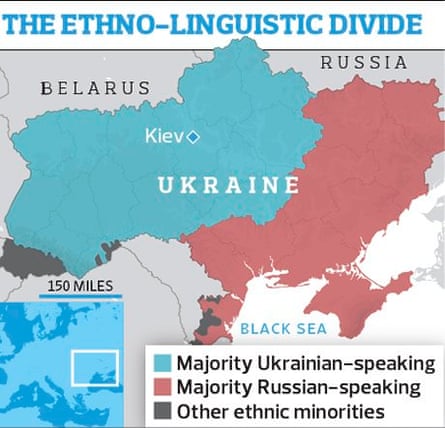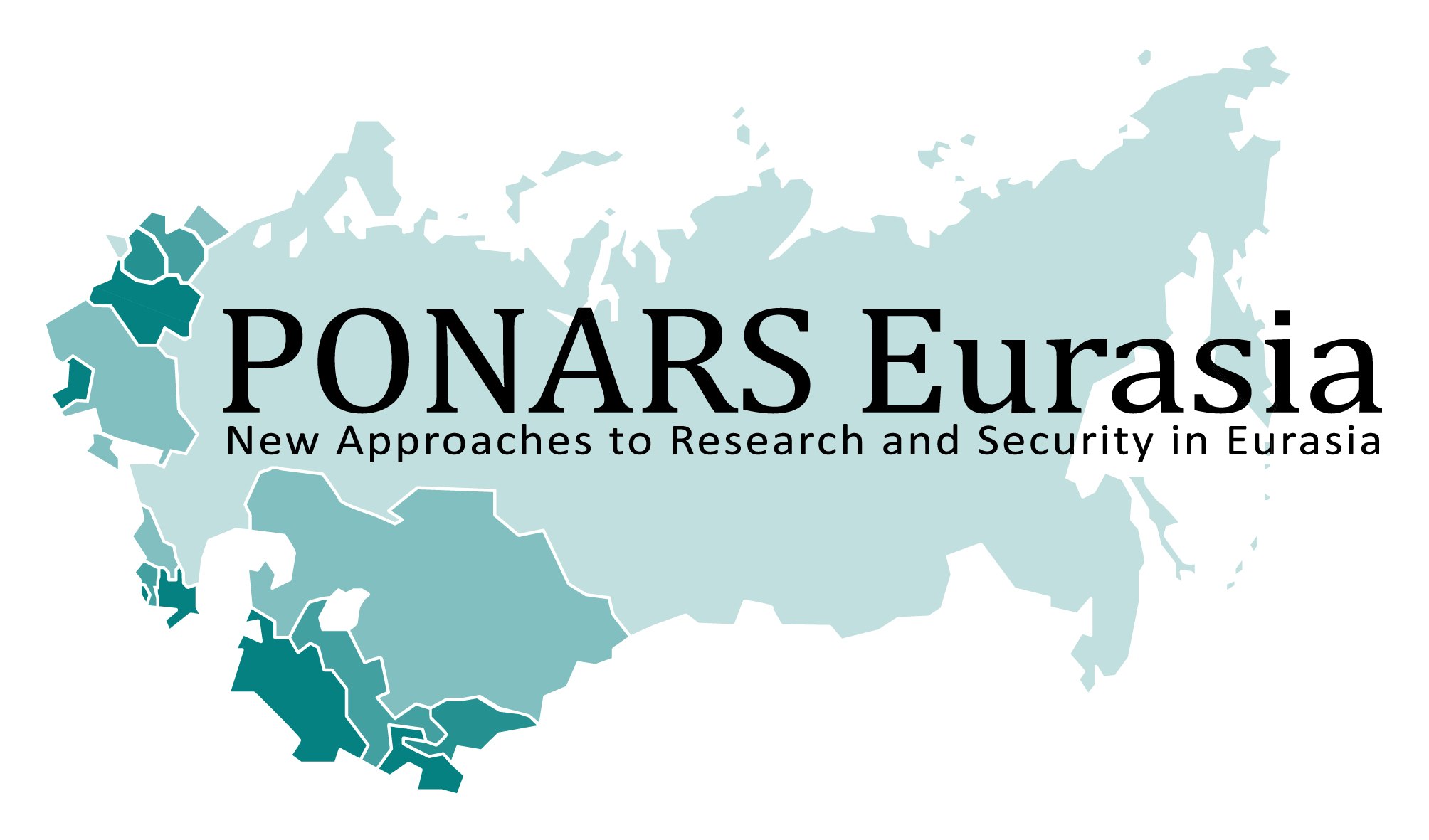
The Program on New Approaches to Research and Security in Eurasia (PONARS Eurasia) is a network of over 140 academics, mainly from North America and post-Soviet Eurasia, advancing new approaches to research on security, politics, economics, and society in Russia and Eurasia. Its core missions are to connect scholarship to policy on and in Russia and Eurasia and to foster a community, especially of mid-career and rising scholars, committed to developing policy-relevant and collaborative research.
PONARS Eurasia is located at the Institute for European, Russian and Eurasian Studies (IERES) at The George Washington University’s Elliott School of International Affairs and is co-directed by Henry E. Hale and Marlene Laruelle. Cory Welt served as co-director until 2016. From 2007-2009, the program was based at the Edmund A. Walsh School of Foreign Service at Georgetown University. Between 2001-2007, the Program on New Approaches to Russian Security (PONARS, the precursor to PONARS Eurasia) was part of the Russia and Eurasia Program at the Center for Strategic and International Studies. The program was founded at Harvard University in the late 1990s and housed at the Council on Foreign Relations from 2000-2001. PONARS Eurasia is supported by Carnegie Corporation of New York and The George Washington University/IERES.
____________________________________________________________________________________________________
Elizabeth Plantan, Stetson UniversityThursday, October 5th, 2023
4:00pm-5:00pm
Elliott School of International Affairs
1957 E St NW
Opportunities and Constraints for Russian Activists-in-Exile after Russia’s 2022 Invasion of Ukraine
After Russia’s 2022 invasion of Ukraine, thousands of Russian citizens opposing the war or afraid of its impacts relocated abroad.
Among this wave of emigrants is a subpopulation of Russian activists who were involved in anti-regime or oppositional activism before their “exit.”
- How are these activists continuing their activism from abroad?
- How do they interact with policymakers and civil society actors in their host countries? How are those interactions shaped by the political, institutional, and legal environment?
- Finally, how are international NGOs and foundations interacting with this group of new exiled activists?
This talk draws on interviews with Russian exiled activists and their supporters during fieldwork in Estonia and Germany in 2022 and 2023, as well as a parallel set of interviews with INGOs and foundations during the same time period, to address these questions. - The findings identify important differences in host country political opportunity structures which constrain or enable activist networks, their access to political institutions, and their choice of tactics.
- The project also reveals how INGOs and foundations are pivoting their funding strategies in response both to authoritarian restrictions and to new opportunities for collaboration with exiled activists.
- This research not only provides insight into Russian activism abroad, but also contributes to scholarship on authoritarianism, transnational activism, philanthropy, and diaspora politics. It will also be of interest to policymakers and practitioners interested in better understanding or supporting this new wave of Russian activists abroad.
Elizabeth Plantan is an assistant professor of political science at Stetson University. Her research interests encompass the global study of civil society, authoritarian regimes, and environmental affairs, with a focus on the comparative and international politics of China and Russia. Previously, she was a 2022-2023 Wilson China Fellow at the Wilson Center in Washington, DC and 2018-2020 China Public Policy Postdoctoral Fellow at the Ash Center for Democratic Governance and Innovation at Harvard Kennedy School.
Her research has been published in Comparative Politics, Studies in Comparative International Development, Post-Soviet Affairs, and Russian Politics, among other venues.
She has also published op-eds and public-facing scholarship in The New York Times, The Washington Post, ChinaFile, Russian Analytical Digest, and elsewhere. She holds an M.A. & Ph.D. in Government from Cornell University.
Image license/credit Secretary Blinken’s recent visit to Ukraine stands out in a number of ways. Blinken had not been in Ukraine for exactly a year, since September 8, 2022. This…
(PONARS Eurasia Policy Memo) This year marks the thirtieth anniversary of Ukraine’s independence and thirty years of Ukrainian-U.S. diplomatic relations—a long road traveled together where the two parties have been…
(PONARS Eurasia Policy Memo) How does U.S. policy toward Ukraine resonate with the Ukrainian public? What kind of policies in Washington make the most positive or negative impact, and why?…
(ZLM) The recent visit of the US Secretary of State Antony Blinken to Kyiv has generated some interest in Ukraine and beyond. This face-to-face meeting was a good opportunity for the…
(Atlantic Council blog) Volodymyr Dubovyk, Associate Professor, Odesa Mechnikov National University: Nobody on President-elect Joe Biden’s shortlist for Secretary of State would have been bad news for Ukraine, including Susan Rice, who wasn’t…
(Dif.org) Oleksiy Haran, a professor of political science at the Kyiv-Mohyla Academy and research director at the Democratic Initiatives think tank, suggested that the contrast between the president’s apparent attitudes and…
(NEE) There have been certain developments in Ukraine over the last few weeks that appeared to endanger its key relationship with the United States, and they also have the potential to…
(Kyiv Post) Last week brought some shock, disbelief, and tension to Ukraine–U.S. relations. The cycle of destructive events has gained momentum with a controversial judge pursuing a Victor Shokin vs. Joseph…
(Monkey Cage) In this week’s impeachment hearings, government officials have been detailing the Trump administration’s alleged attempts to withhold hundreds of millions of dollars in congressionally approved aid for Ukraine’s defensive…
(The Atlantic) When Adam Schiff asked Bill Taylor, the first witness in the House’s public impeachment hearings, to explain to Americans why U.S. security assistance to Ukraine matters for their own security, America’s…
(PONARS Eurasia Policy Memo) Relations between the United States and Ukraine have never been as intense and multi-faceted as they are now. Since 2014, the amount of attention that Washington…





















No comments:
Post a Comment